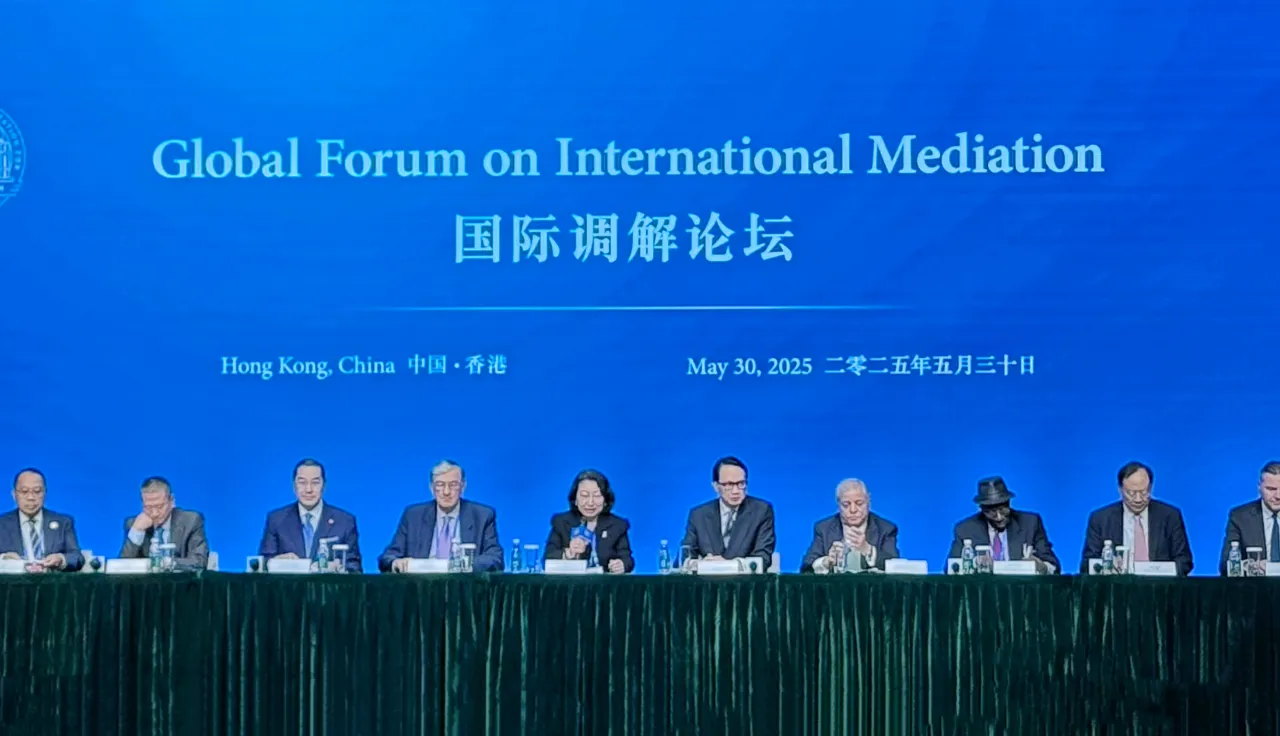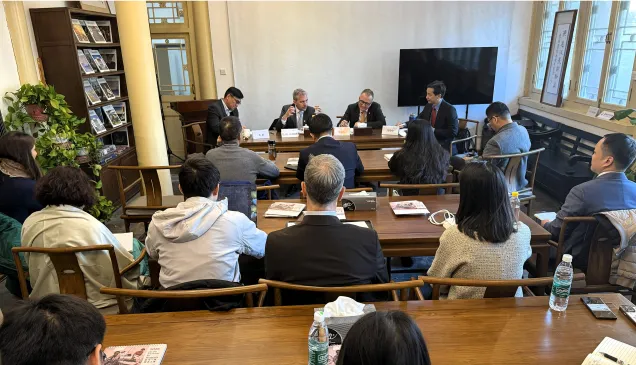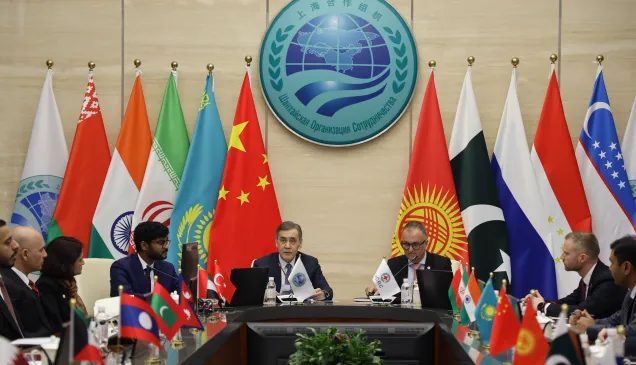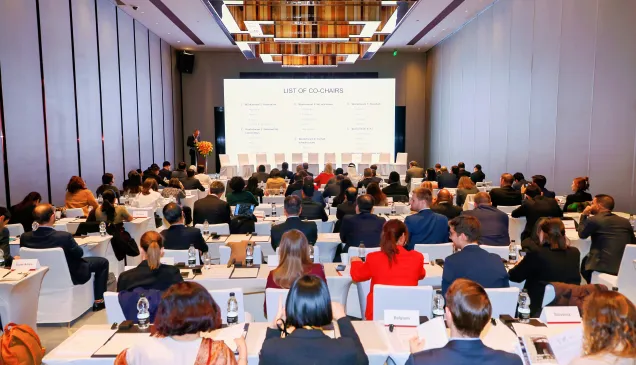Distinguished guests, ladies and gentlemen,
It is a great honor to be here today representing the Regional Delegation for East Asia of the International Committee of the Red Cross (ICRC) at this important event. I would like to start by congratulating the Preparatory office of the International Organization for Mediation and all State parties for this achievement. I would also like to sincerely thank the organizers for inviting the ICRC to be part of this important occasion.
Ladies and gentlemen, today the ICRC is present in more than 90 countries around the world delivering much needed services to those affected by armed conflict and violence. The average length of ICRC’s presence in its top 10 largest operations is more than 40 years; and as of 2024 there were more than 120 ongoing armed conflicts around the world, causing severe humanitarian and environmental consequences.
Today the number of armed conflicts and cycles of violence are increasing, yet the humanitarian space is rapidly shrinking. On the occasion of the 75th Geneva Conventions anniversary last year, ICRC President, H.E. Mirjana Spoljaric asked “Where are the peacemakers?” Where are the men and women leading the negotiations that will bring wars to an end?”. I too have wondered the same thing while experiencing the conflict in my own country for four years - Bosnia and Herzegovina, in the 1990s. The same questions unfortunately strongly echo today.
The establishment of the International Organization for Mediation may offer hope, as there may be a forum where armed conflicts could end through mediation, or humanitarian agreements might be brokered to alleviate human suffering during armed conflict and violence. A forum, where dialogue can ensue and armed conflict and violence may be prevented altogether. A forum, where potential peacemakers and negotiators can speak up against the disregard for international humanitarian law and against human suffering.
In September 2024 the ICRC President, together with Brazil, China, France, Jordan, Kazakhstan and South Africa launched a global initiative to galvanize political commitment to international humanitarian law.
The initiative seeks to overcome political divides and stalemates, if only for the sake of restoring a minimum of humanity in war. Through dialogue and political will, it is possible to mediate disagreements peacefully without resort to armed force and engaging in protracted cycles of violence. With many States around the world joining the initiative, we hope that all member States of International Organization for Mediation and others will also join the initiative and promote its aim. Championing humanity and galvanizing political commitment to IHL, is a collective effort.
The Global IHL Initiative focuses on seven thematic streams, one of which is “IHL and Peace”. This workstream focuses on how respect for IHL can create an environment conducive to peace. The workstream explores the reciprocal relationship between IHL and peace negotiations: how adherence to IHL facilitates peace by preventing violations that fuel conflict, and likewise, how peace negotiations must consider IHL obligations to ensure durable and lawful resolutions. Mediation forums have the power to promote and implement IHL compliance.
Ladies and gentlemen, this year the ICRC turns 162 years, and one thing is for certain, the world today is no longer the same world of 1863. In 1863, the majority of conflict casualties were combatants, today, the overwhelming number of casualties are civilians, the majority being women and children. With increasing geopolitical tensions and rivalries, war language has become normalized, and people are slowly becoming desensitized to the horrors of conflict.
The peace and safety of the world has never been guaranteed by the size of States’ weapon arsenal or their military spending. What could, however, bring more peace and safety to the world are peacemakers, humanity champions and international humanitarian law advocates.
State-to-State Mediation is a crucial process that can bring about an end to armed conflicts and violence. Mediating peace agreements, ceasefire agreements or agreements on prisoners’ exchange, to name a few have profound and immediate humanitarian impact on those living in conflict zones but also an impact on global peace and stability. The peaceful settlement of disputes have the power not only to end armed conflict but also to prevent future violence. States must find a path to dialogue again. The safety, health and wellbeing of this planet rests on the shoulders of State leaders.
I hope that today can mark the beginning of the end of disputes that escalate to violence.
I want to thank the organisers once again for inviting the ICRC to be here today and I wish the International Organisation for Mediation a great success.




